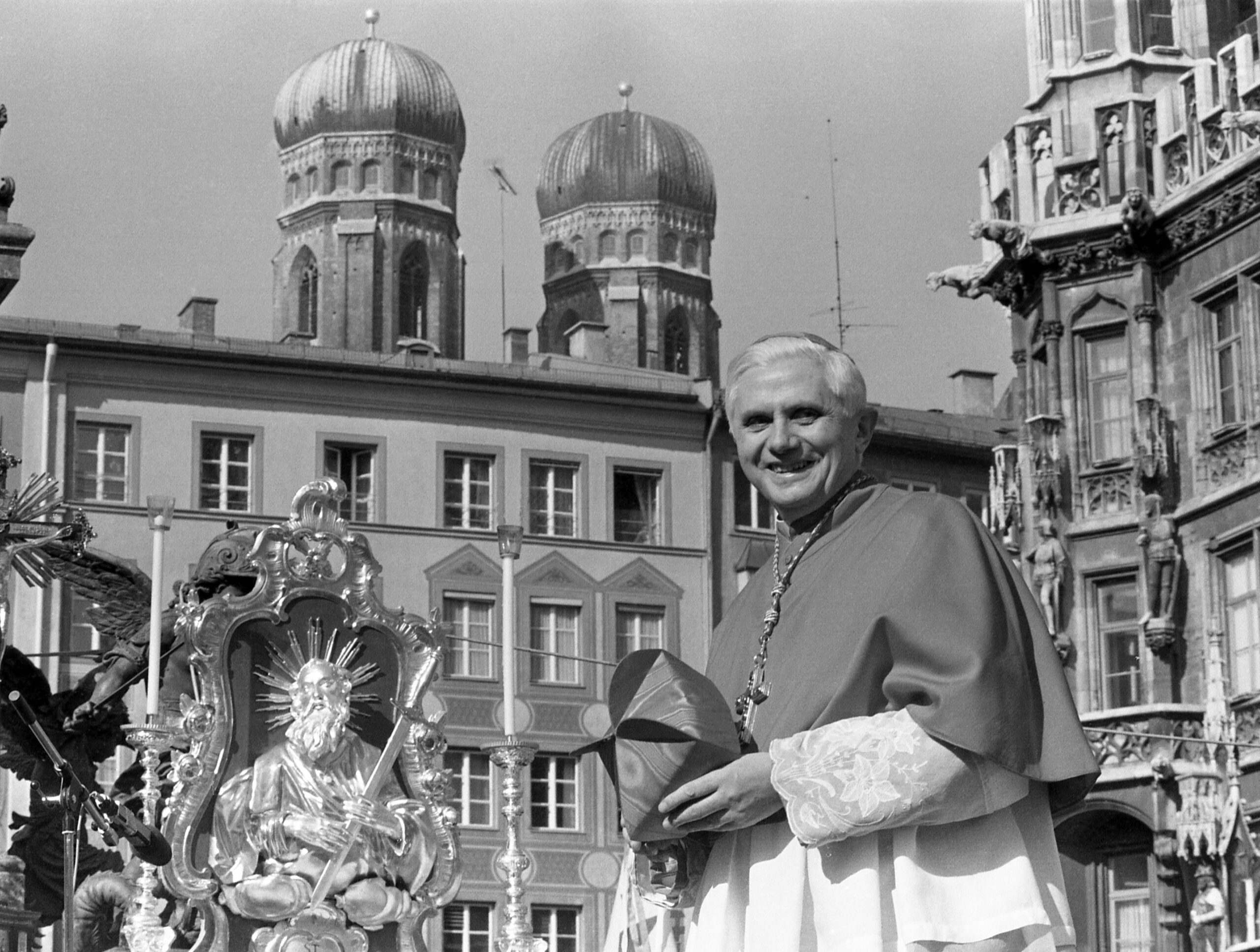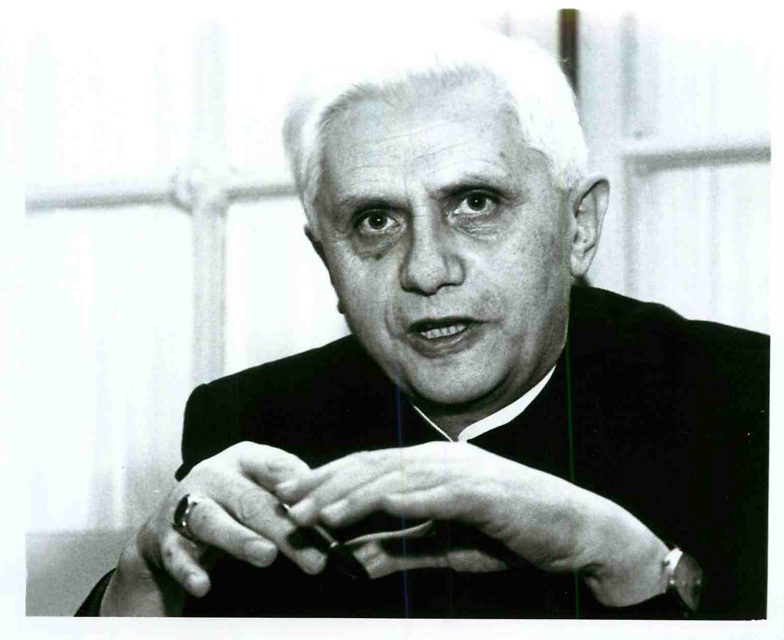VATICAN CITY (RNS) — After a damaging report on clergy sexual abuse in the archdiocese headed by Cardinal Joseph Ratzinger before he became Pope Benedict XVI, the Vatican on Wednesday (Jan. 26) defended the emeritus pope, advising against seeking “easy scapegoats and summary judgments.”
In an editorial published in the Vatican newspaper L’Osservatore Romano, the editorial director of the Vatican’s Communication Department, Andrea Tornielli, pushed back against a wave of criticism spurred by last week’s publication of a report commissioned by the Archdiocese of Munich-Freising in Germany to investigate cases of abuse from 1945 to 2019.
The report, published Jan. 20, found that 497 people in the archdiocese have been abused by clergy and that three archbishops who oversaw the diocese in that time frame failed to prevent cases of abuse or to punish those responsible.
The report found that Benedict, who presided over the archdiocese from 1977 to 1982, allowed priests accused of varying types of abuse to continue in their ministry in at least four cases. One case, involving an abuser priest from the German Diocese of Essing, was already known to the press in 2010.
Though several archbishops were criticized in the report, “it was Ratzinger’s four and a half years at the helm of the Bavarian diocese that monopolized the attention of commentators,” Tornielli wrote.
He reminded critics that the Munich report “is not a judicial inquiry nor a final sentence” and said it will only help the Roman Catholic Church come to terms with its past mistakes if it is “not reduced to the search for easy scapegoats and summary judgments.”
Tornielli went on to praise Benedict’s commitment to combating sexual abuse as head of the Vatican’s Congregation for the Doctrine of the Faith under St. John Paul II, and as pope himself.
Benedict, “once he became Pope, promulgated very harsh norms against clerical abusers, special laws to combat paedophilia,” he wrote.
The emeritus pope is to be credited, according to Tornielli, not only with writing and enacting stricter measures for the prevention and punishment of abuse, but also for promoting “that change of mentality that is so important to counter the phenomenon of abuse: listening and closeness to the victims to whom forgiveness must always be asked.”

With the towers of Munich’s cathedral in the background, Cardinal Joseph Ratzinger, later Pope Benedict XVI, bids farewell to the Bavarian believers in downtown Munich on Feb. 28, 1982. The Vatican on Jan. 26, 2022, strongly defended Pope Emeritus Benedict XVI’s record in fighting clergy sexual abuse and cautioned against looking for “easy scapegoats and summary judgments,” after an independent report faulted his handling of four cases of abuse when he was archbishop of Munich. (AP Photo/Dieter Endlicher, File)
The editorial reminded readers that Benedict was the first pontiff to meet with victims of abuse during his foreign trips, against the advice of his staunchest defenders — the “Ratzingerians.”
Tornielli didn’t defend the abuse of children, calling it “a horrendous crime” that is especially “revolting” when committed by members of the clergy. The editorial also acknowledged that victims and their families “have often been distanced and even pointed to as ‘enemies’ of the Church and its good name.”
RELATED: New indictments and ‘cardinal’s lady’ shake up Vatican financial trial
Benedict announced Jan. 20 through his personal secretary, Monsignor Georg Gänswein, that he will comment on the report once he has carefully read it. The report itself was accompanied by a lengthy transcription of Benedict answering questions from lawyers, in which he denies any wrongdoing.
In an interview with Religion News Service on Monday, a top Vatican expert on child protection and abuse prevention said that Benedict’s response lacked “empathy and humanity” and urged the pope emeritus to issue a heartfelt apology.
Benedict’s response “misses the heart and misses the expectations of victims and their families, of the parishes and people in the pews and of the public,” said the Rev. Hans Zollner, who heads the Safeguarding Institute at the Pontifical Gregorian University in Rome.
But according to Tornielli, Benedict offered a model of penitence that goes beyond the application of stricter norms. “The Church is not a business,” Tornielli wrote, and it needs to “ask for forgiveness, help and salvation” from Christ, “who has always been on the side of the victims and never of the executioners.”
While forgiveness does not replace justice,” Tornielli wrote, “the greatest persecution of the Church” comes from within and can only be overcome if the church can “learn repentance again, to accept purification, to learn forgiveness on one side and the need for justice on the other.”
RELATED: Pope Benedict accused of mishandling sex abuse cases: 4 essential reads





